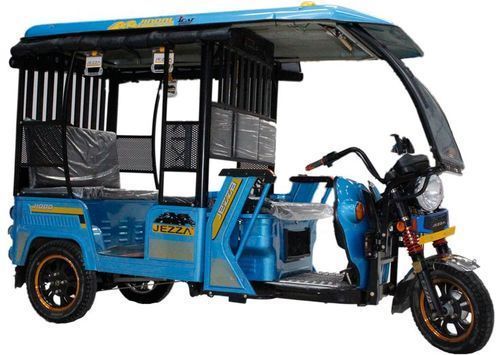Bihar: Action Plan Approved for Regulating Auto and E-Rickshaw Operations in Urban Areas

Patna: The Transport Department has unveiled an action plan to regulate the operation of auto rickshaws and e-rickshaws in urban areas, including Patna. The plan, which received cabinet approval, aims to enhance road safety, improve passenger facilities, and alleviate traffic congestion.
Under the new scheme, auto and e-rickshaw routes will be divided into zones, with each zone assigned a unique color code. Every vehicle will be given a unique number, and the number of autos operating on each route will be regulated based on the road’s vehicle-carrying capacity.
Transport Secretary Sanjay Kumar Agarwal stated, “This policy will ensure the systematic operation of auto rickshaws and e-rickshaws in cities, reducing traffic jams and providing better transport services to passengers.” The policy also seeks to reduce pollution, increase road safety, and allocate designated parking and stopping areas for these vehicles.
The initiative invites public objections and suggestions, which can be submitted on the Transport Department’s website within 30 days. Following this period, the scheme will be implemented across the state, incorporating any received feedback.
Transport Department Minister Sheela Kumari emphasized, “This initiative aims not only to make cities jam-free but also to provide safe and convenient transport services to passengers. Drivers will also benefit significantly from this organized approach.”
Additional features of the scheme include the development of QR codes for vehicle and driver information, designated parking areas, and tagging routes with local police stations for enhanced monitoring. Divisional commissioners will serve as nodal officers, with district officers chairing committees responsible for implementing the scheme.
The regulation is expected to streamline auto and e-rickshaw operations, reduce traffic congestion, ensure timely passenger services, control vehicle pollution, and increase driver income. Women passengers will benefit from enhanced safety measures.





